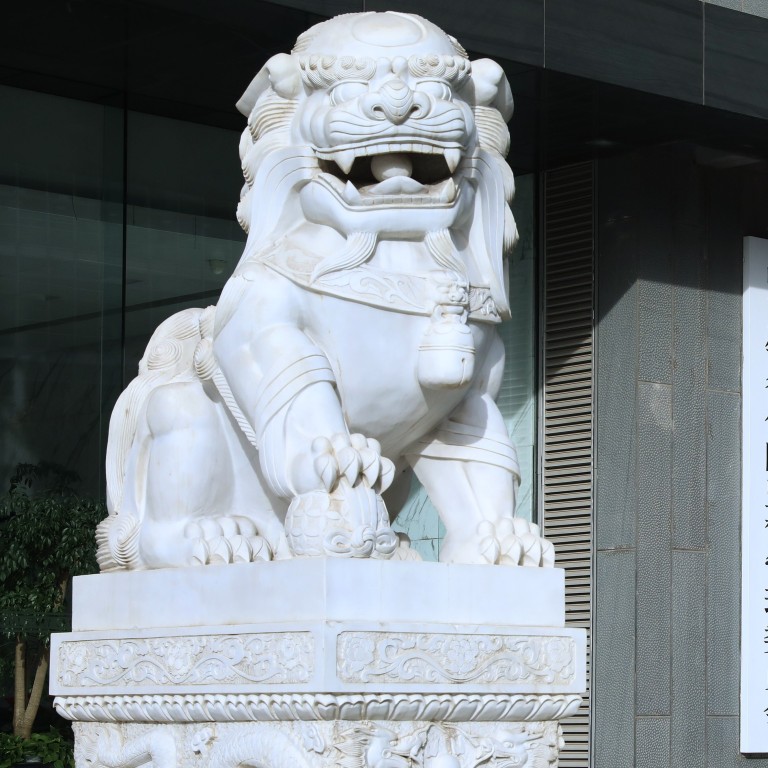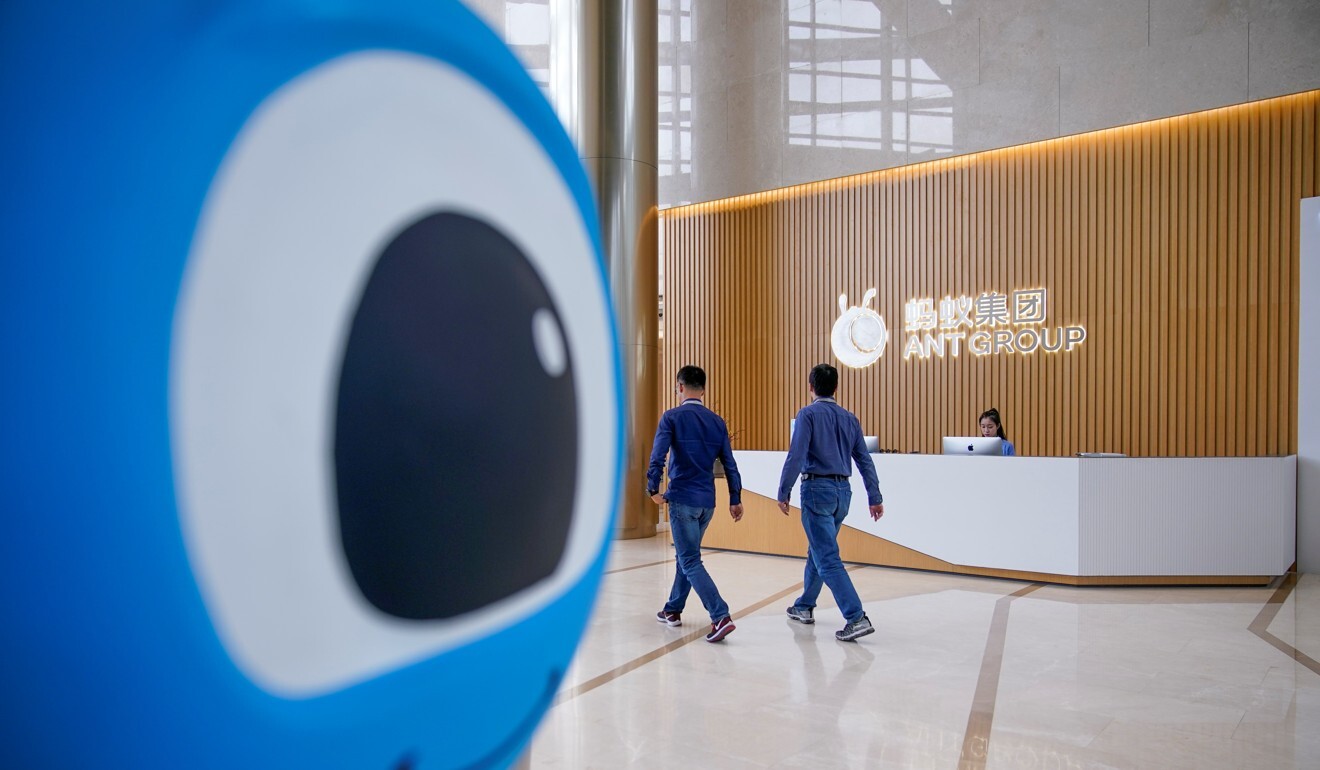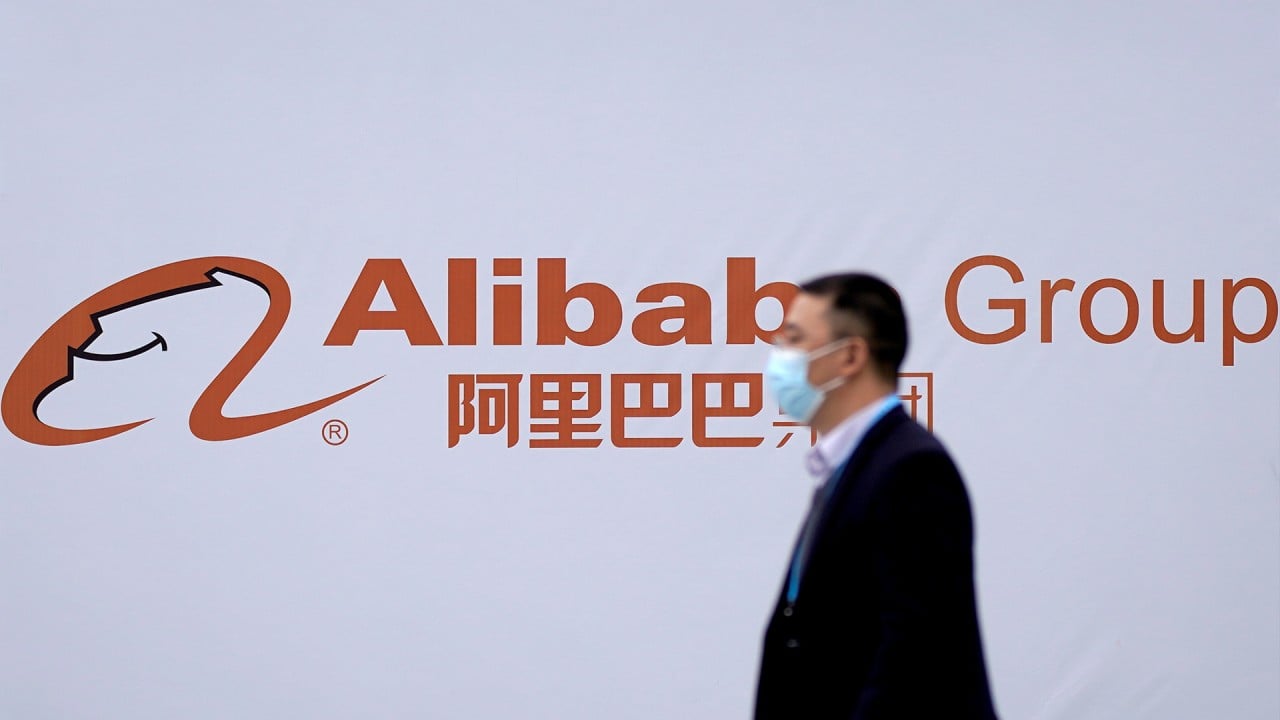
China to tighten online lending rules from 2022 in additional measures to rein in fintech giants, pre-empt banking crisis
- Online lending platforms will need to contribute 30 per cent of own capital for loans they make with commercial banks from January next year
- Digital banks, trust companies, consumer financing firms and car loan providers also need to comply, according to the CBIRC
“The new regulation is necessary as online lending has expanded to a dangerous level,” said Tom Chan Pak-lam, chairman of Institute of Securities Dealers, an industry body of local brokers. “Without proper regulation, it may trigger a financial crisis.”

Saturday’s announcement also imposed several restrictions on commercial banks in these types of lending. Among them, the amount of internet loans issued by a bank with one online lending partner must not exceed 25 per cent of its net tier-one capital, CBIRC said.
The total balance of co-lending loans with online platforms also cannot exceed 50 per cent of their total loan book, the regulator said. Banks need to make sure they can meet these targets by July 17, 2022, according to the statement.
In addition, regional banks can only serve local customers within their borders from next year, and are not allowed to tap nationwide customers with the help of the online lending platforms, the regulator added. Digital banks, trust companies, consumer financing firms and car loan providers also need to comply, according to CBIRC.

In recent years, mainland commercial banks have increased their collaboration with fintech giants to expand their business, introducing relatively new, untested algorithms and risks into their loan portfolios, the industry regulator said in a November paper. Banks will not have collateral to fall back on if data-driven lending turns sour, it added.
She believes the new rules will benefit nationwide lenders such as China Merchants Bank and Ping An Bank by restraining competition from fintech giants, and hurt regional lenders by restricting their business scope.
The new rules will “reduce systematic risk in the case that banks become a pure funding channel without fully understanding the potential credit risk and overly relying on selective Big Tech partners for credit assessment,” she said.

01:26
China kicks off antitrust probes into Alibaba over alleged monopolistic practices
The latest curbs may erode the valuation of internet giants such as Ant Group, should its stock listing plan be revived, according to Louis Tse Ming-kwong, managing director of Wealthy Securities. Online lending will become more expensive given the cost of additional capital.
Chinese authorities scuppered Ant Group’s record-breaking US$34.5 billion dual-listing in Shanghai and Hong Kong on November 3, two days before its trading debut, amid concerns about systemic risk and consumers’ privacy.
Since then, Beijing has issued new regulations and launched an antitrust probe into the fintech companies including Ant Group, an affiliate of Alibaba Group Holding, which in turn is the owner of this newspaper. Ant Group, JD Digit and others have also removed bank deposits and insurance products from their platforms.
A spokesman for Ant Group declined to comment on the new rules announced on Saturday.
“The new rules are aimed at fostering long-term quality growth” within the online lending industry, analysts at Jefferies wrote in a note on Sunday. “The grace period, in our view, should enable smooth transition.”

